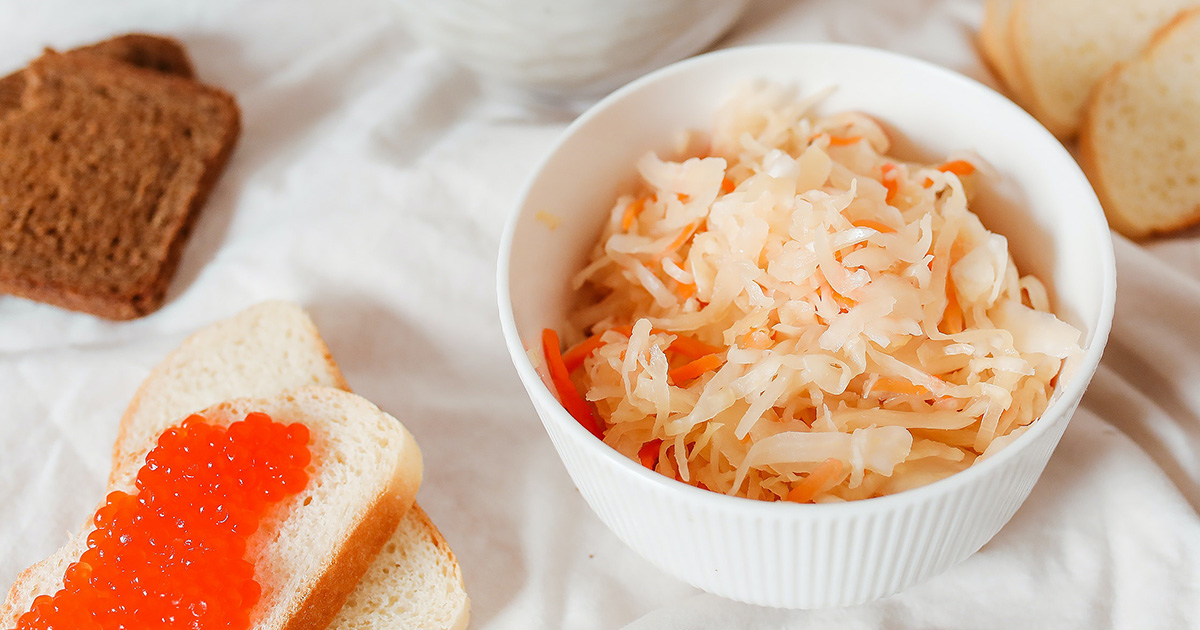Written by Erica Gittleson, RD; Select sections of article written by and article reviewed by Dr. Bojana Jankovic Weatherly.
Depression is one of the most common psychiatric conditions, characterized by significant and persistent depressed mood and diminished interest, and often coexists with various comorbidities. The underlying mechanism of depression remains vague. Recent clinical trials and animal studies support the notion that the gut microbiota has emerged in the pathophysiology of depression, which participates in communication between the gut and the brain through the neuroendocrine, nervous, and immune signaling pathways, also known as the microbiota-gut-brain (MGB) axis (1).
Alterations in the gut microbiota can trigger changes in neurotransmitters, neuroinflammation, and behaviors. The MGB axis has emerged as a novel therapeutic target in depression and its comorbidities. These insights have fueled the idea that targeting the gut microbiota may open new windows for efficient treatment of depression and its comorbidities. Probiotics can be used to modulate gut dysbiosis, balancing the microbiota and modifying the occurrence and development of depression and its comorbidities (1).
In general, there are three categories of probiotics: Lactobacillus/Bifidobacterium blends, Saccharomyces boulardii, and soil-based probiotics (2). Most of the studies of probiotics for anxiety and improved mood have used probiotics from the Lactobacillus/Bifidobacterium category. Based on current research, the best probiotics for anxiety are high-quality, multi-species Lactobacillus/Bifidobacterium blends (5). Within the Lactobacillus/Bifidobacterium category, the most researched species for mental health have been Bifidobacterium longum (B. longum), Lactobacillus acidophilus, Lactobacillus helveticus, Lactobacillus plantarum, Lactobacillus rhamnosus, and Bifidobacterium infantis) (4).
Below is a list of probiotics that have shown potential therapeutic effects on anxiety, depression, and their comorbidities (1). Make sure to consult your certified health care practitioner before starting a new probiotic regimen.
| Strain | Clinical Findings |
| LGG HN001 (Lactobacillus rhamnosus ) | Lower depression scores |
| B Longum NCC3001 | Increased quality of life scores, decreased responses to negative emotional stimuli |
| B. Breve CCFM1025 | Decreased serum serotonin turnover |
| B. Bifidum BGN4 and B. longum BORI | Decreased stress scores |
| Mixture (B. Bifidum W23, B. lactis W51, B Lactis W52, L. Acidophilus W37, L. Brevis W63, L. Casei W56, L. Salivarus W24, L. Lactis W19 and L. Lactis W58 | Reduction in cognitive reactivity |
| Probiotic NVP 1704, a mixture of L. Reuteri NK33 and B. Adolescentis NK98 | Reduction in depressive symptoms, Improvement in sleep quality |
| Mixture (containing L. Fermentum LF16, L. Rhamnosus LR06, L. Plantarum LP01, and B. Longum BL04 | Improvement in mood, reduction in depressive mood state, anger, and fatigue; Improvement in sleep quality |
| L. rhamnosus JB-1 | Decreased depression related behavior |
| L. Paracasei HT6 | Beneficial effect on anxiety like behavior |
References:
1.The Role of Probiotics and Their Metabolites in the Treatment of Depression – PMC (nih.gov)
2. 20170602 IPA guidelines to qualify a microorganism as probiotic.pdf
4. From probiotics to psychobiotics – the gut-brain axis in psychiatric disorders – PubMed (nih.gov)

